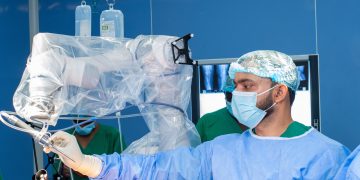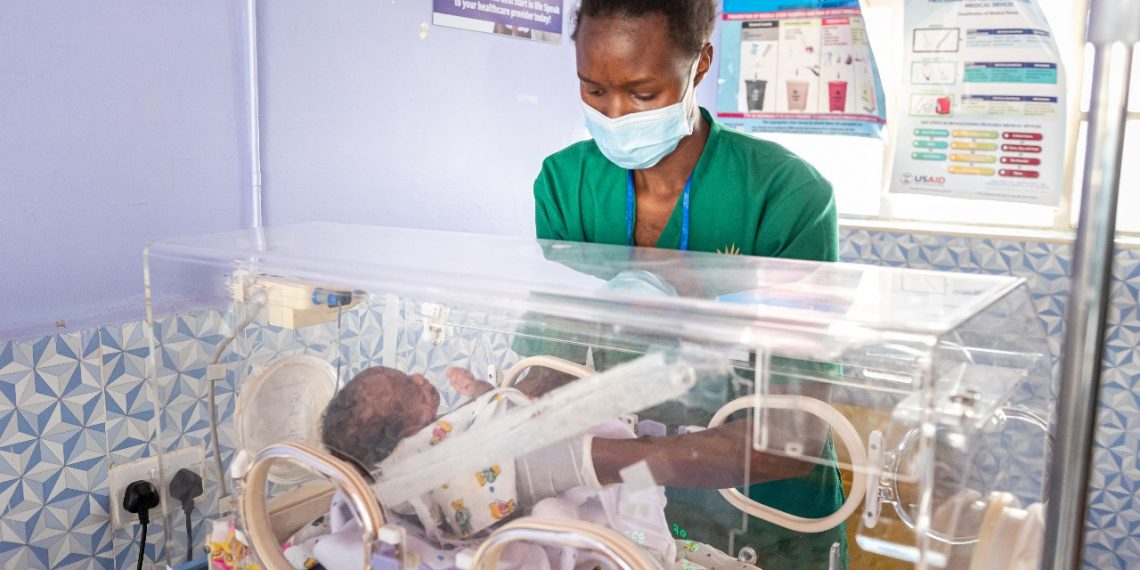Kenya is racing to meet global health targets, but a stark reality threatens to undermine progress as a study revealed a critical shortage of nurses which is putting the country’s newborns in grave danger.
According to a new multi-disciplinary study under the Harnessing Innovation in Global Health for Quality Care (HIGH-Q) fragile infants are being left without essential care, despite the rollout of modern medical technologies designed to reduce neonatal deaths.
The study, conducted in eight county hospitals, found that inadequate staffing is the single greatest barrier to quality newborn care.
“Even where state-of-the-art equipment is available, it cannot compensate for the human touch. Overstretched nurses, often responsible for more than 25 babies per shift, are able to provide just 30 minutes of direct care per newborn in a 12-hour period far below international standards. This “missed care” has life-threatening consequences, leaving sick and premature infants without the vigilant monitoring, feeding, and emergency response they require to survive.”
Nurses remain the backbone of neonatal care, performing everything from administering medication to responding to sudden crises. In Kenya’s low-resource hospitals, their workload has reached unsustainable levels. The HIGH-Q study explored stopgap measures such as introducing ward assistants to handle routine tasks and improving nurses’ communication skills but these efforts cannot resolve the fundamental staffing deficit.
The study recommends that Kenya should invests decisively in its nursing workforce, technological advancements in newborn care will fall short.
“Addressing human resource crisis is essential not only to safeguard the health of the nation’s youngest citizens but also to meet the Sustainable Development Goals. Without enough skilled nurses, Kenya risks losing its most vulnerable lives even as the tools to save them sit within reach.”














